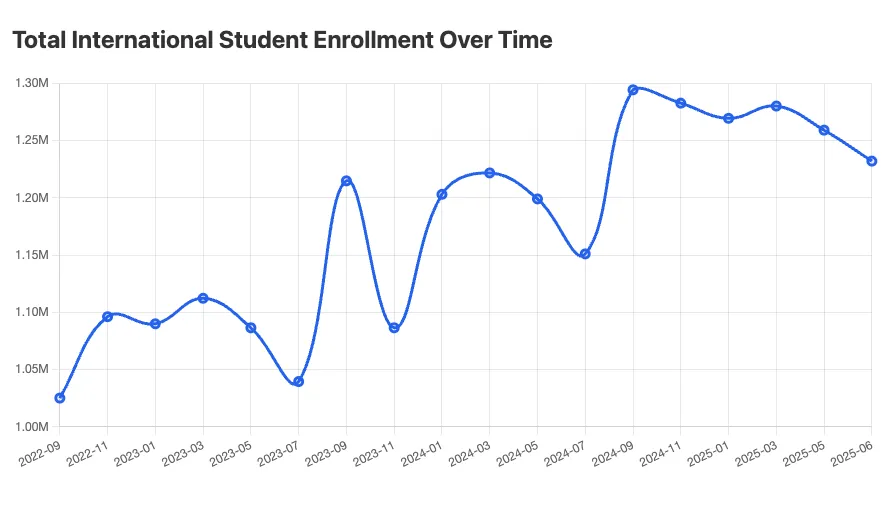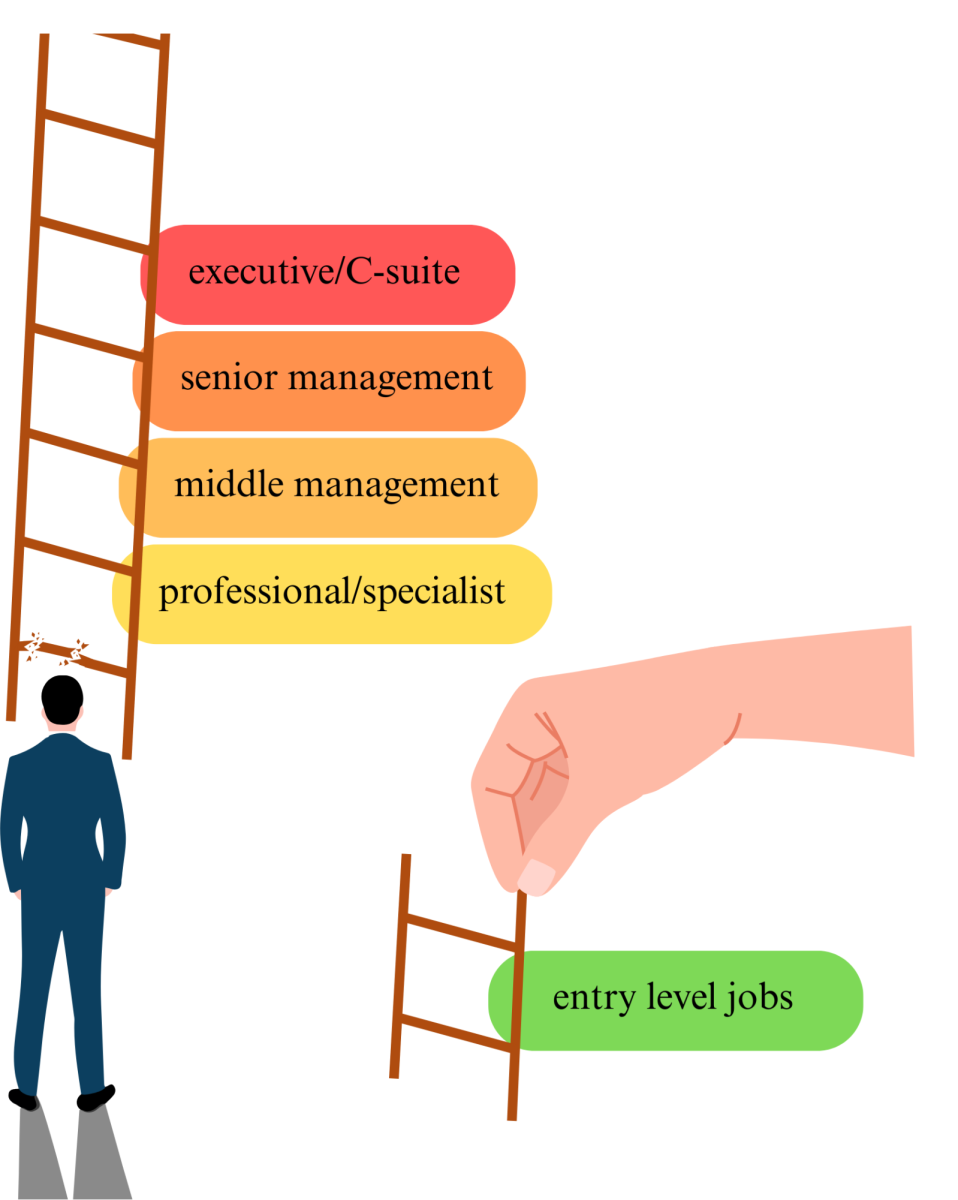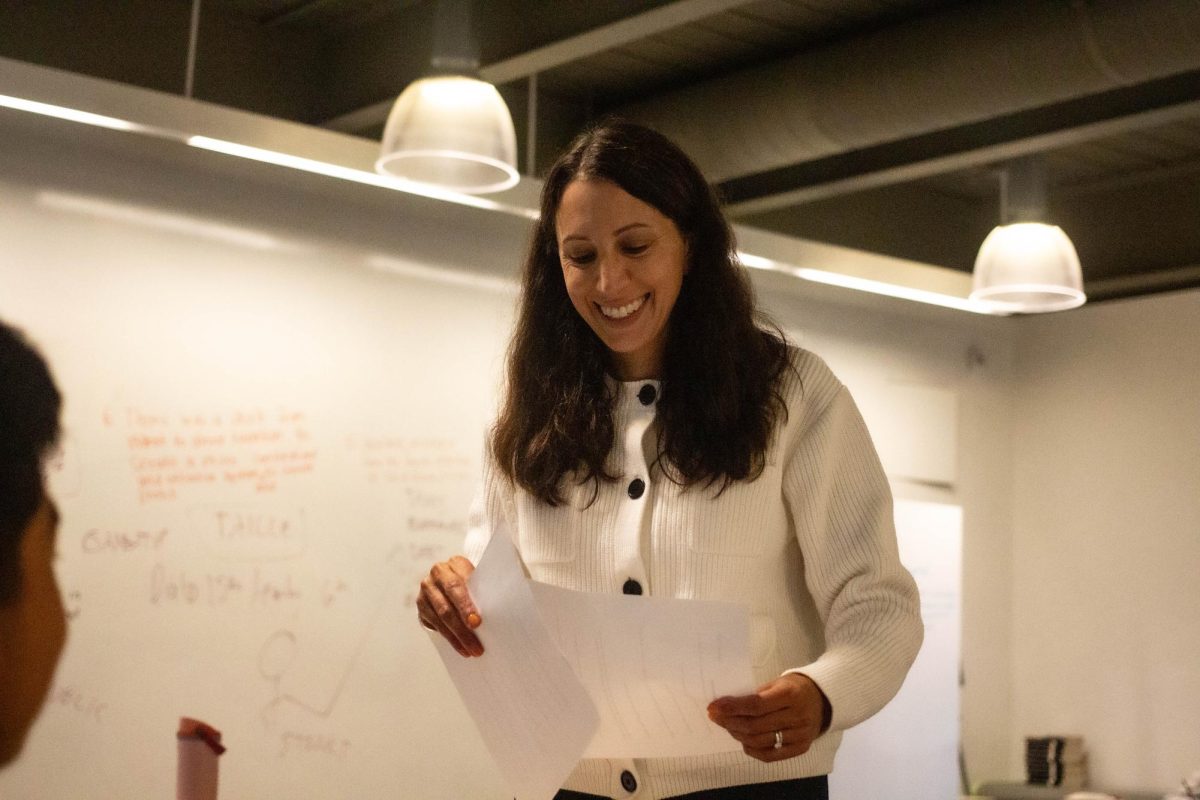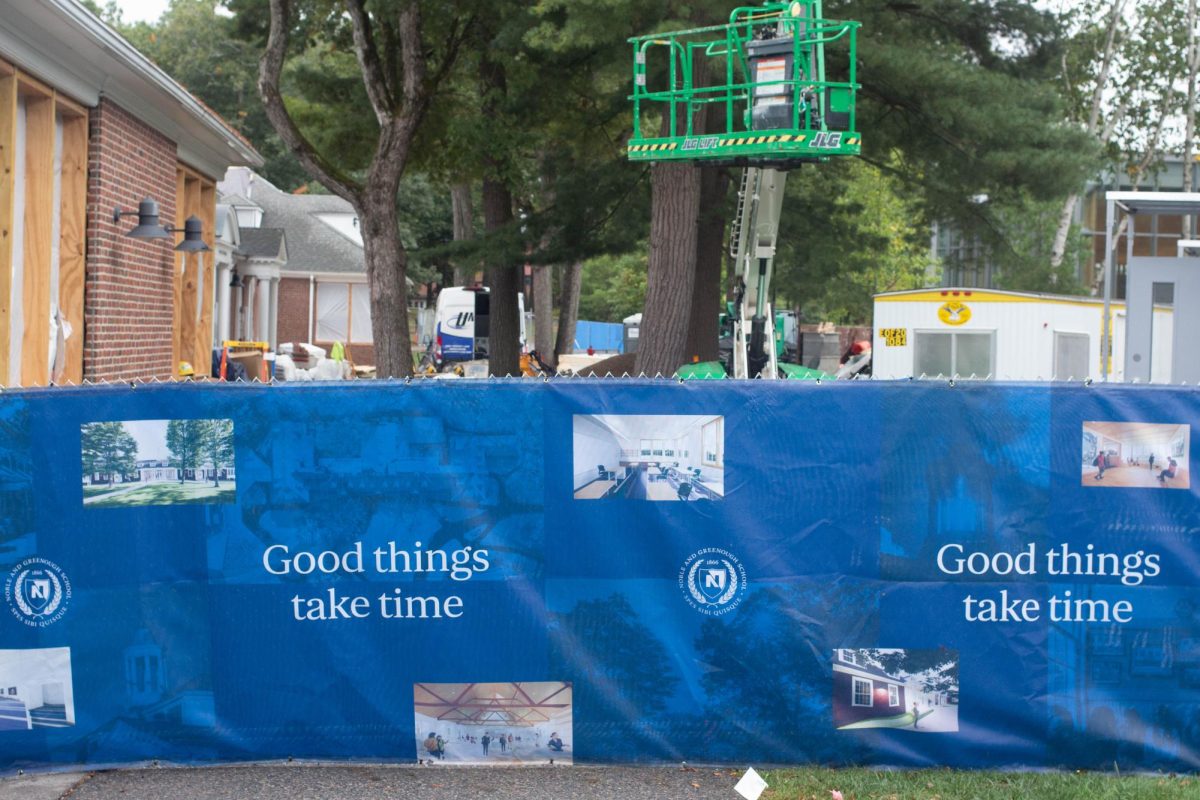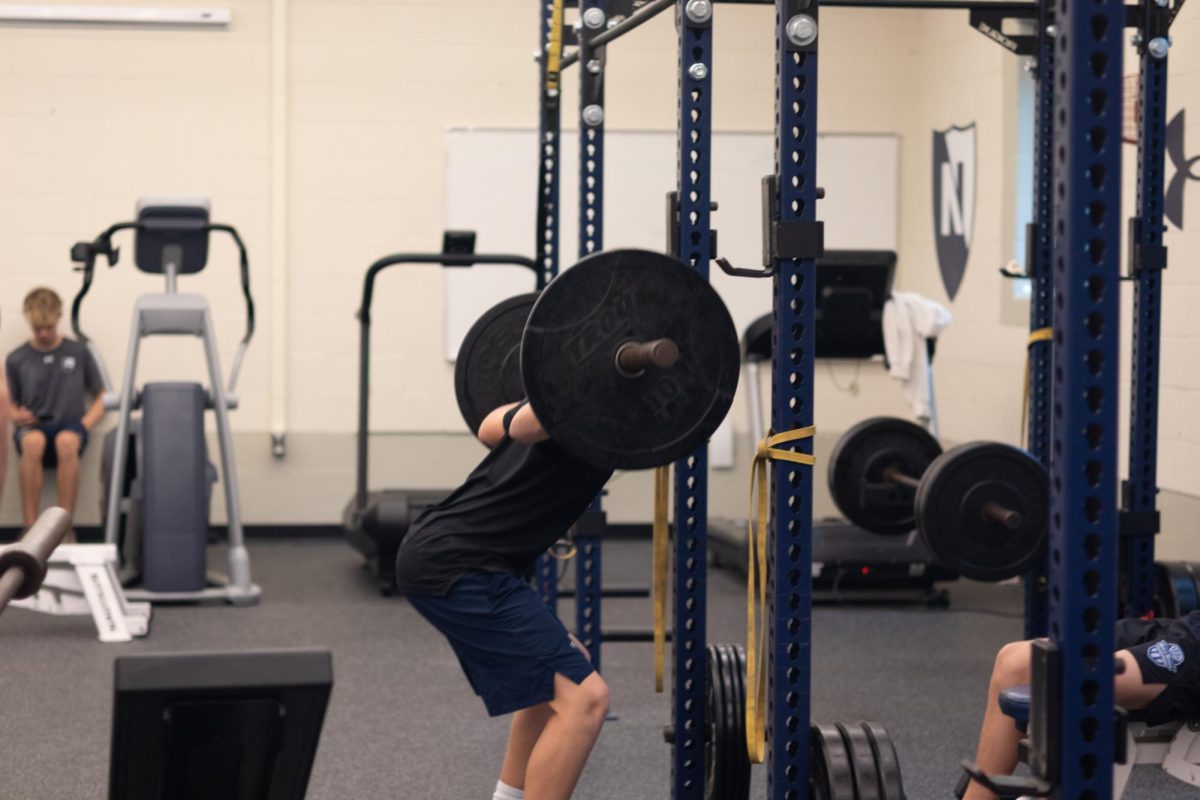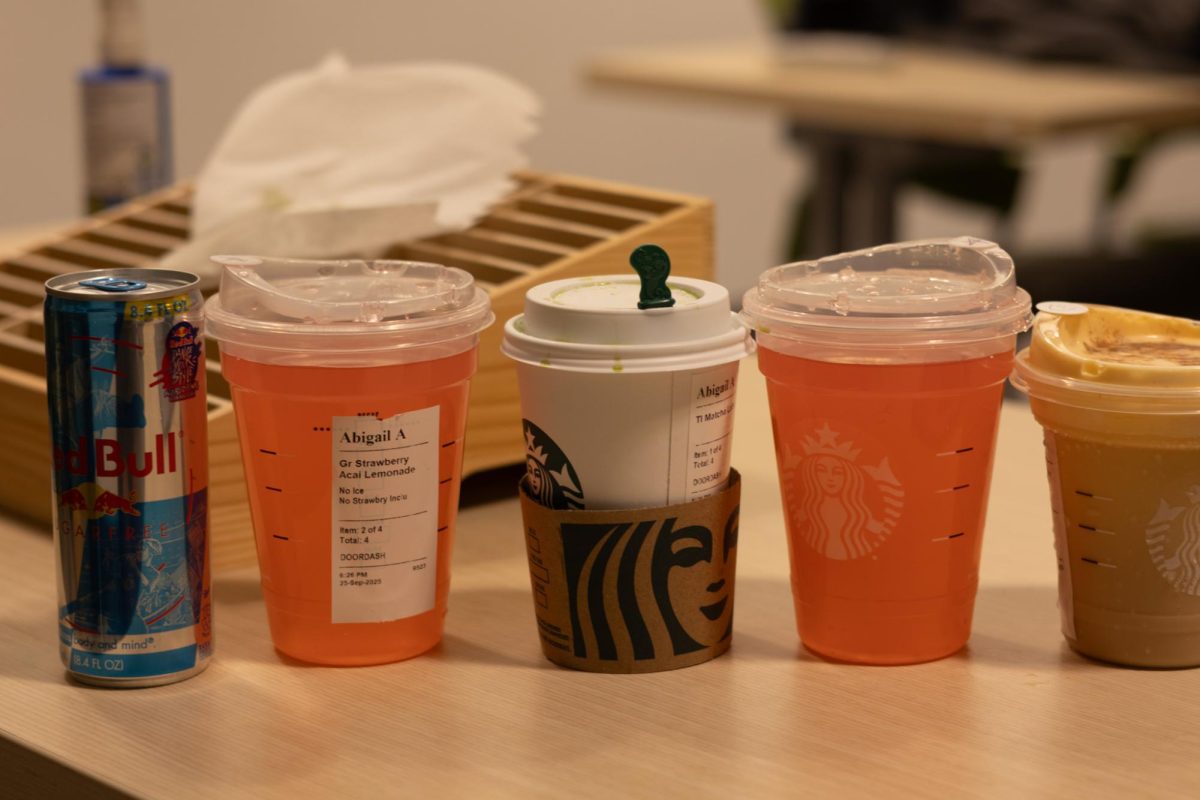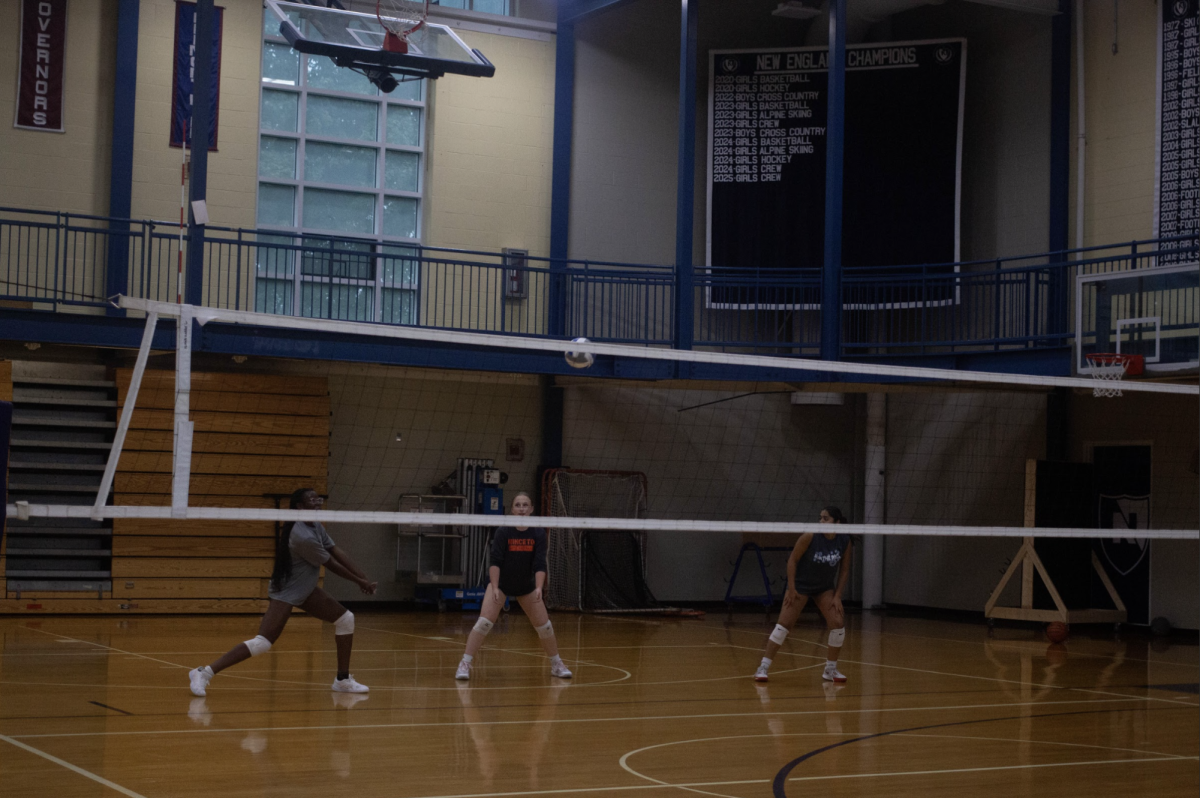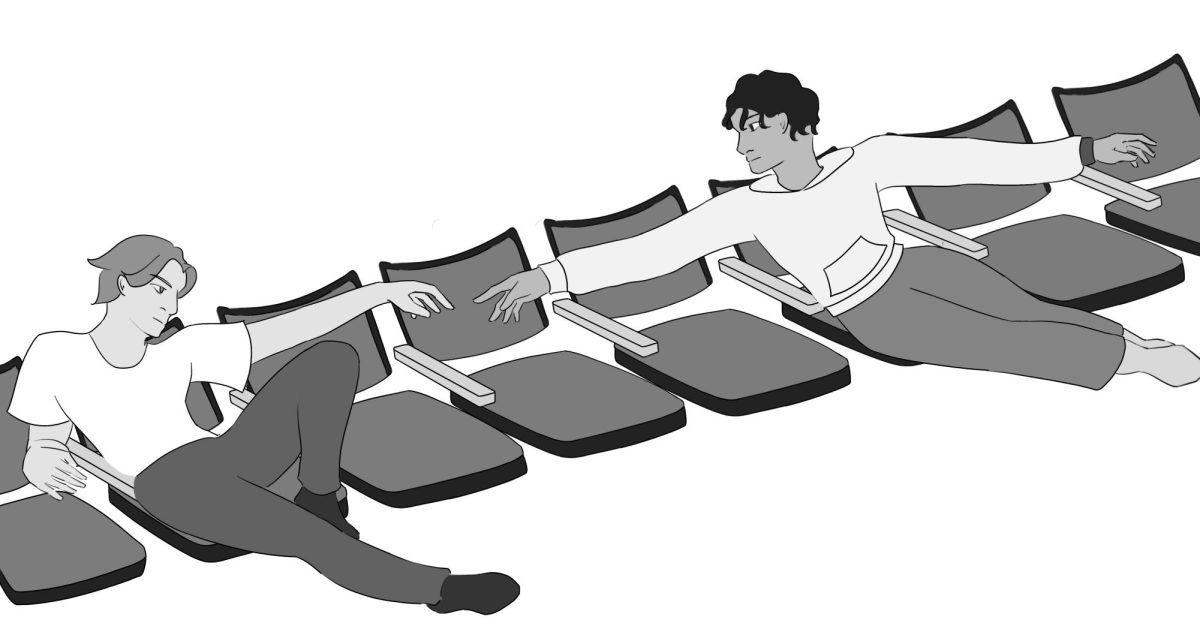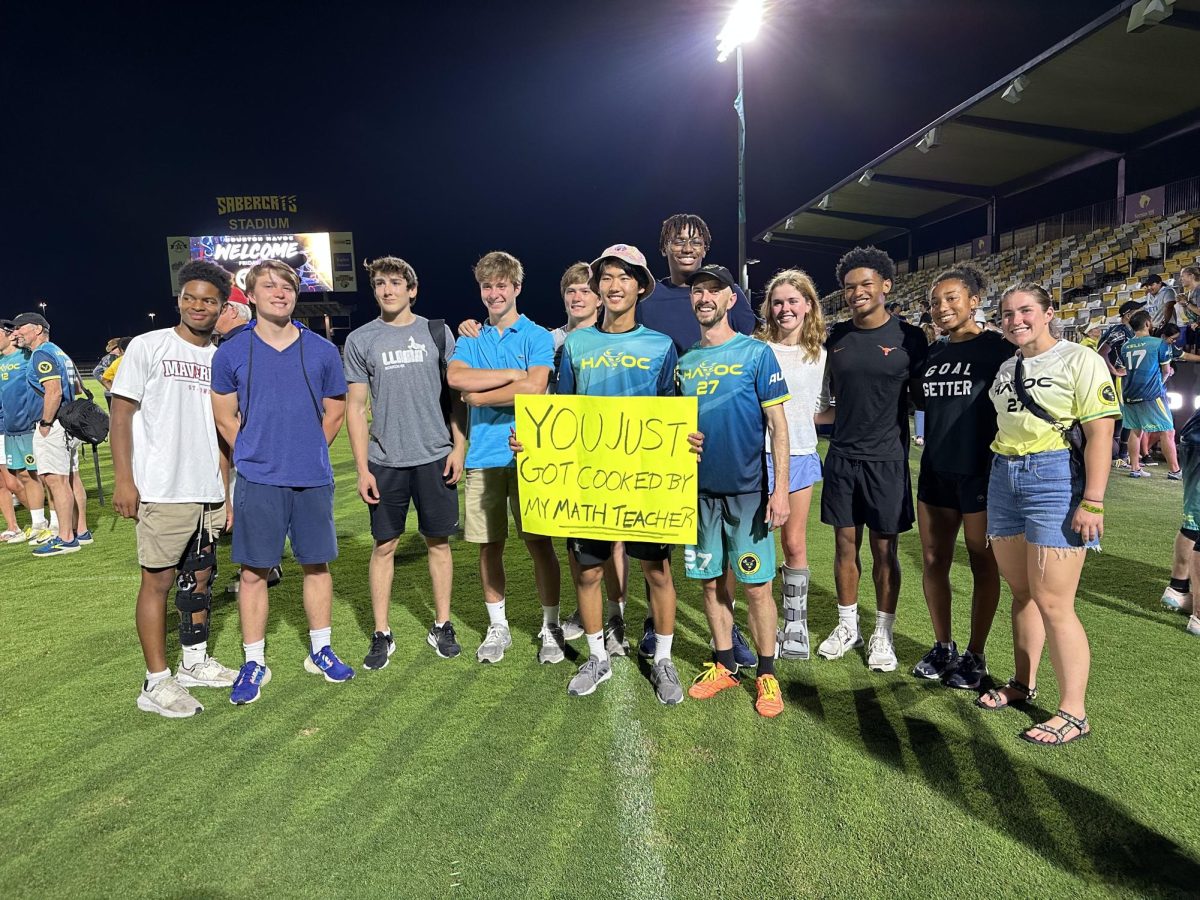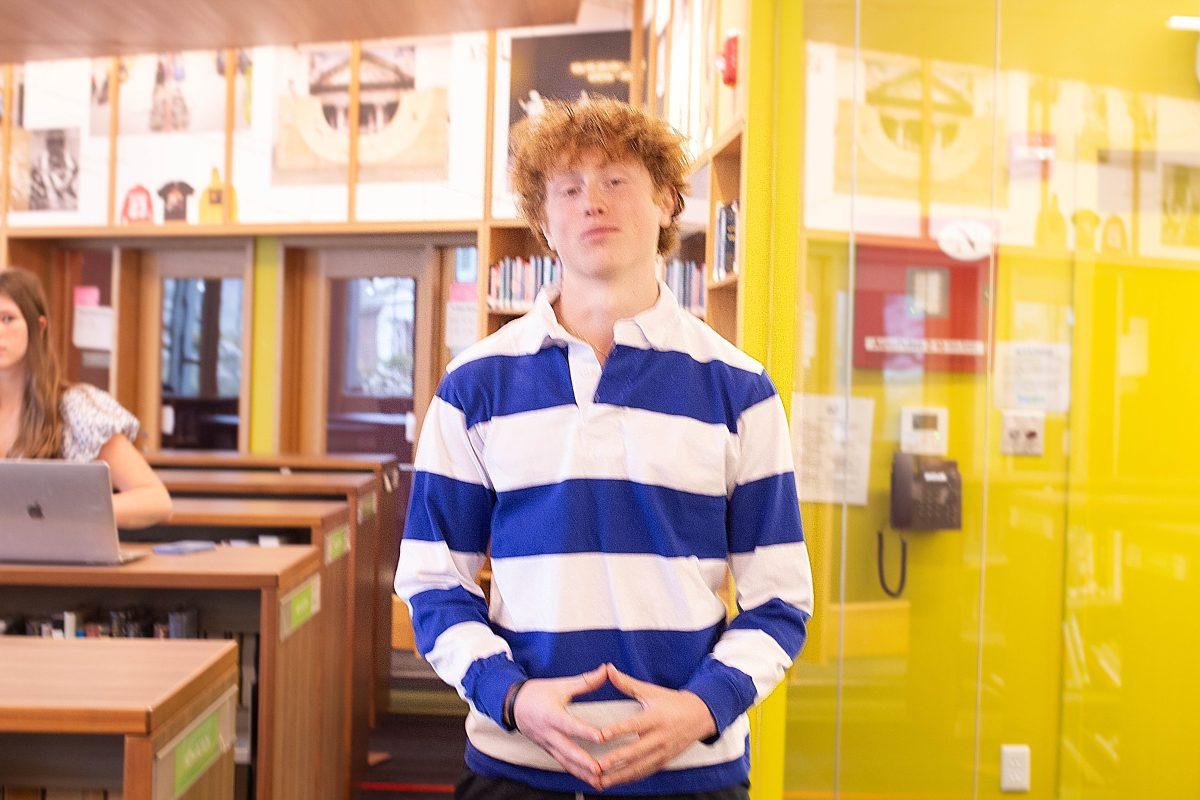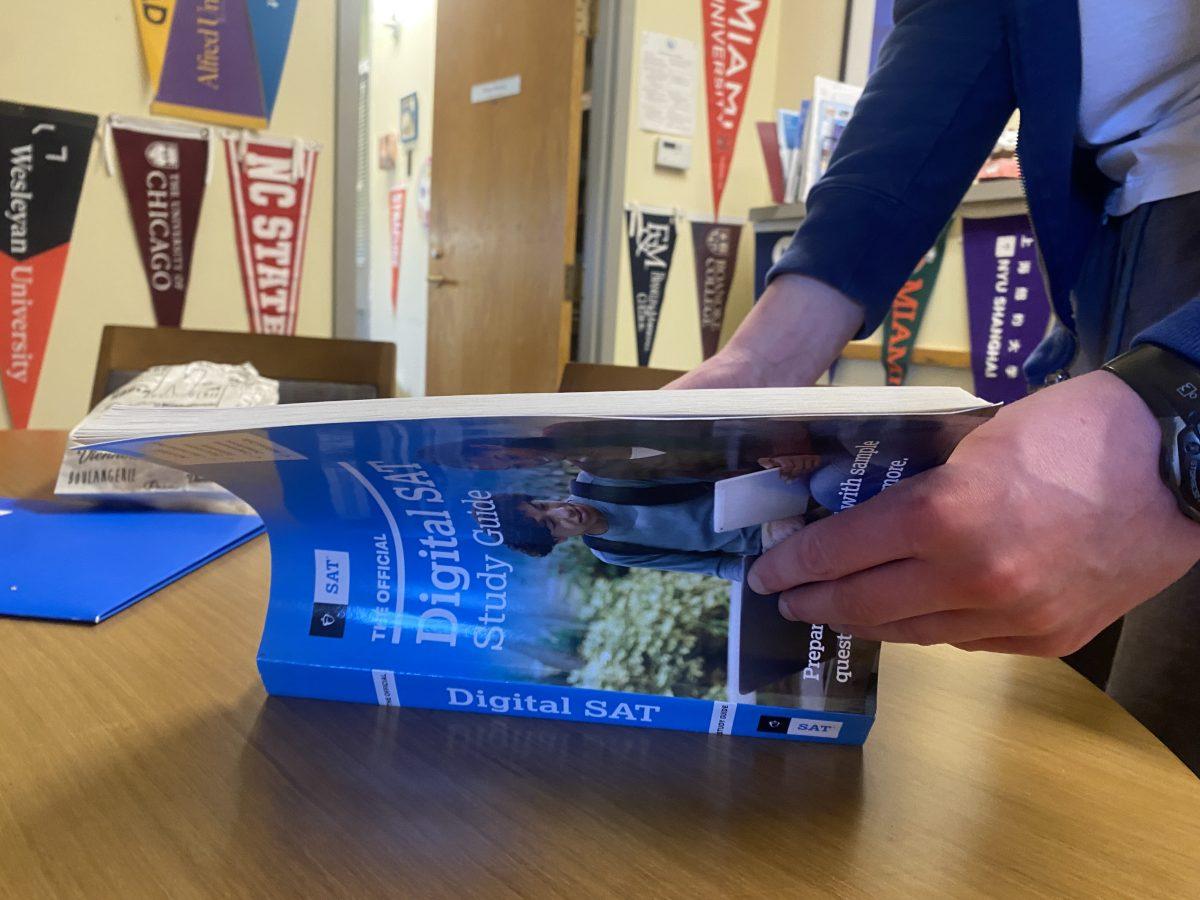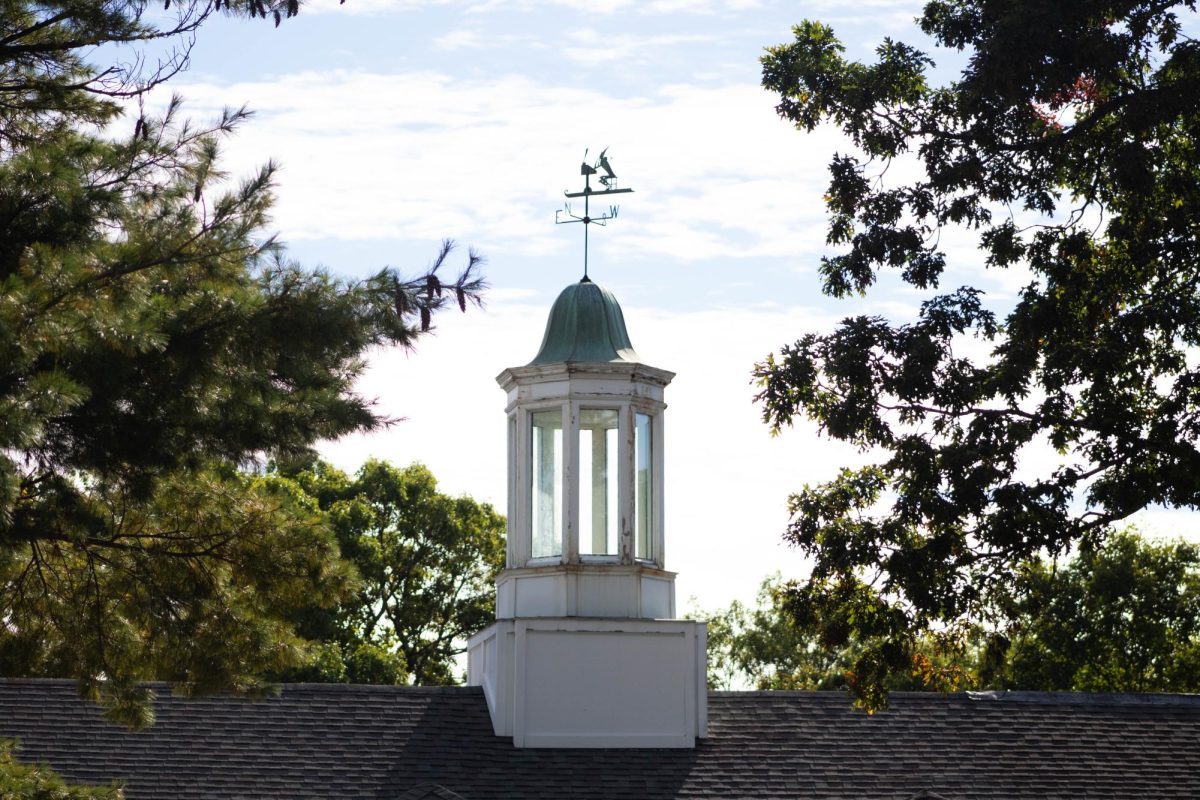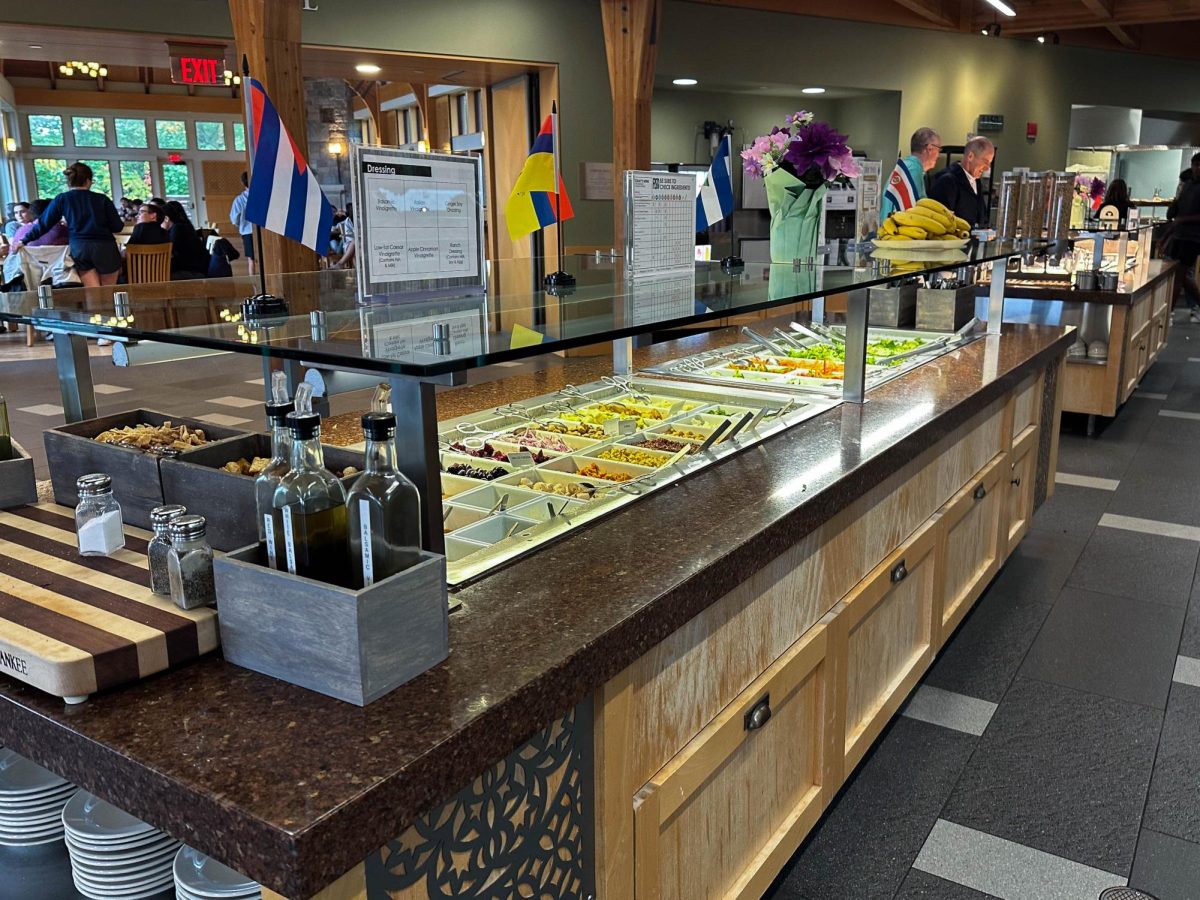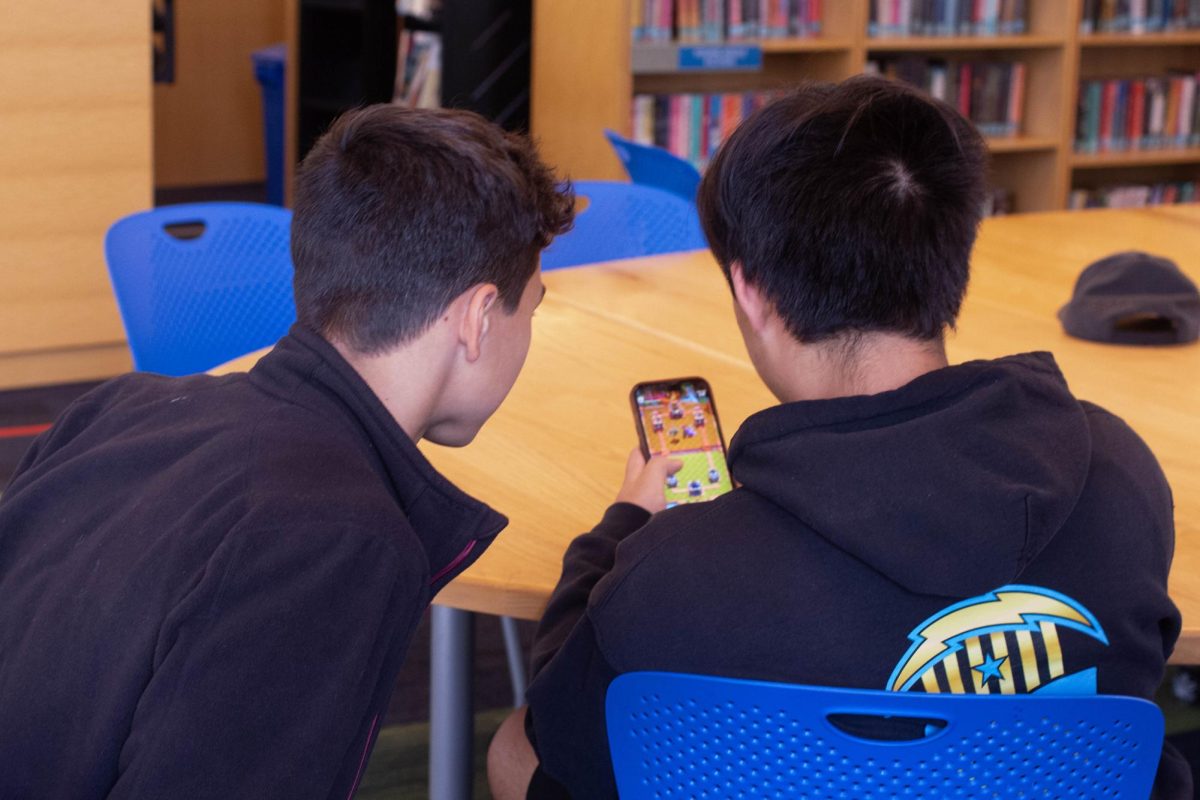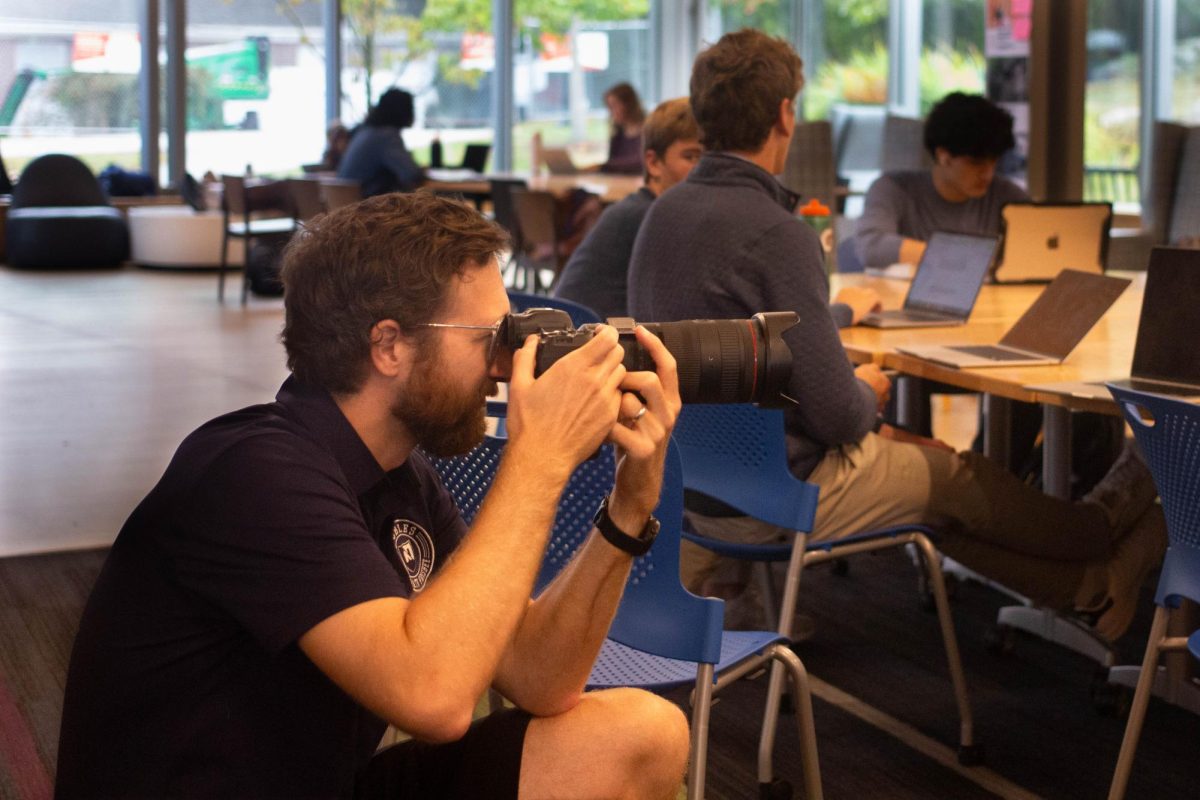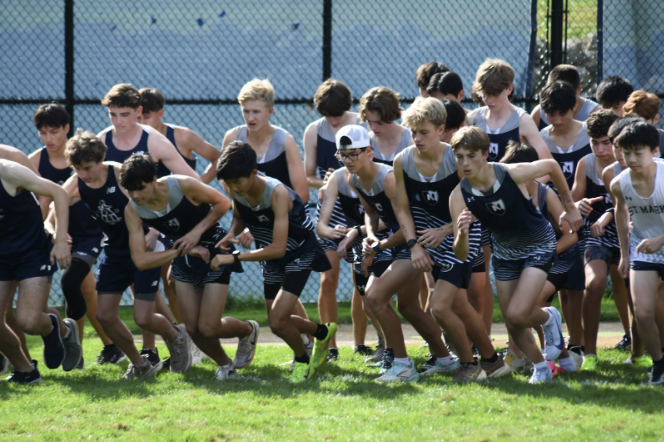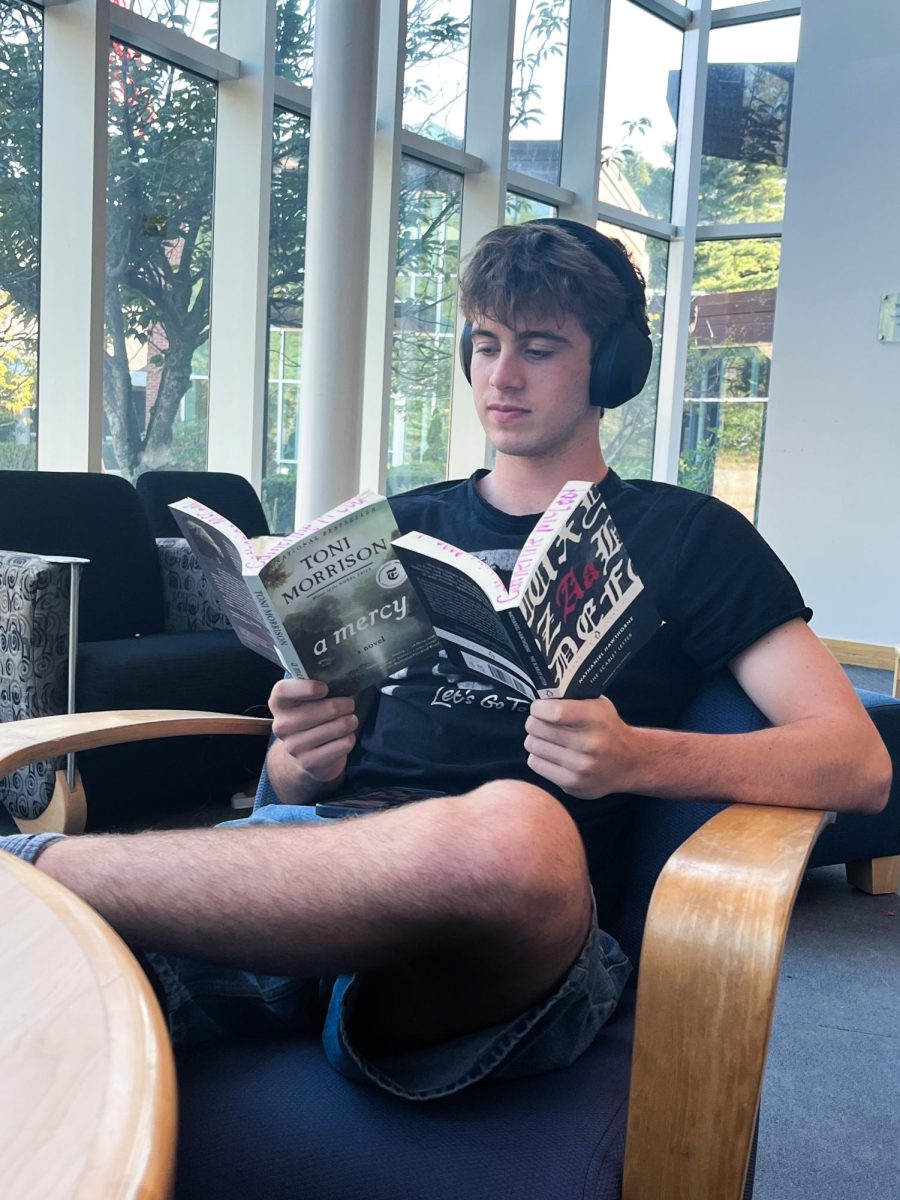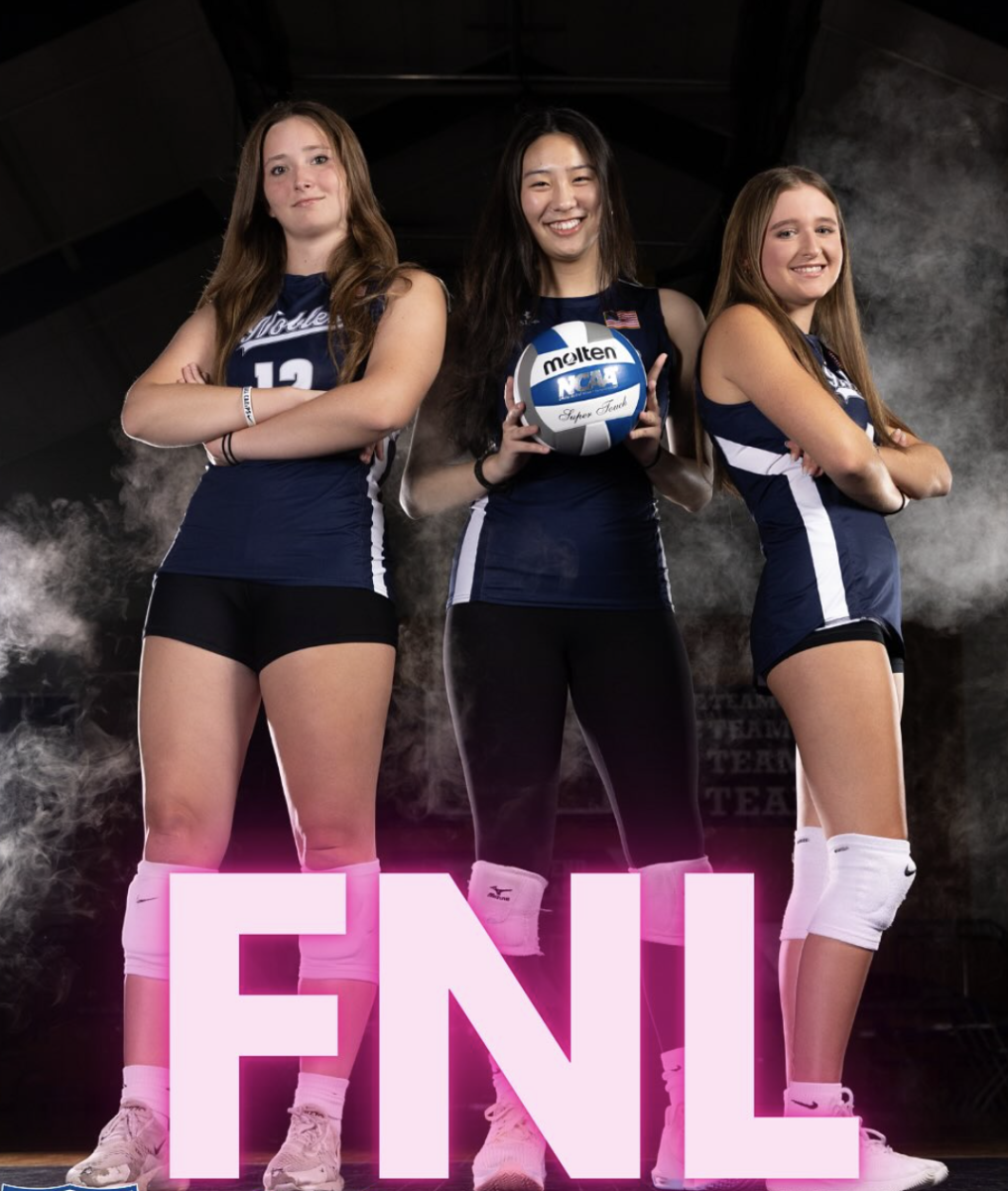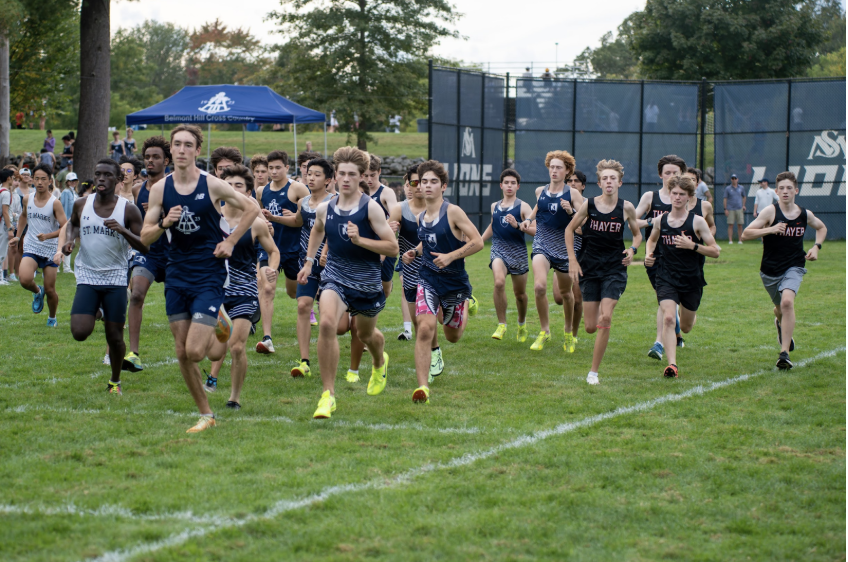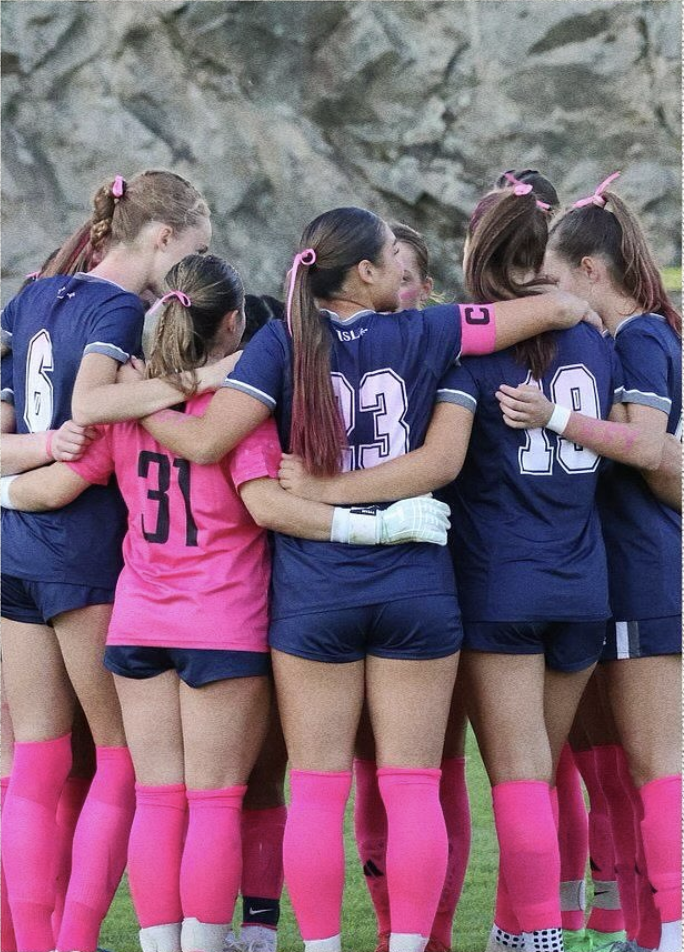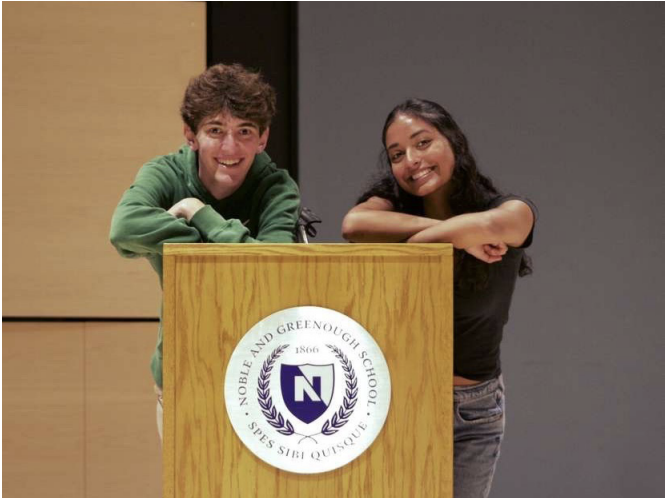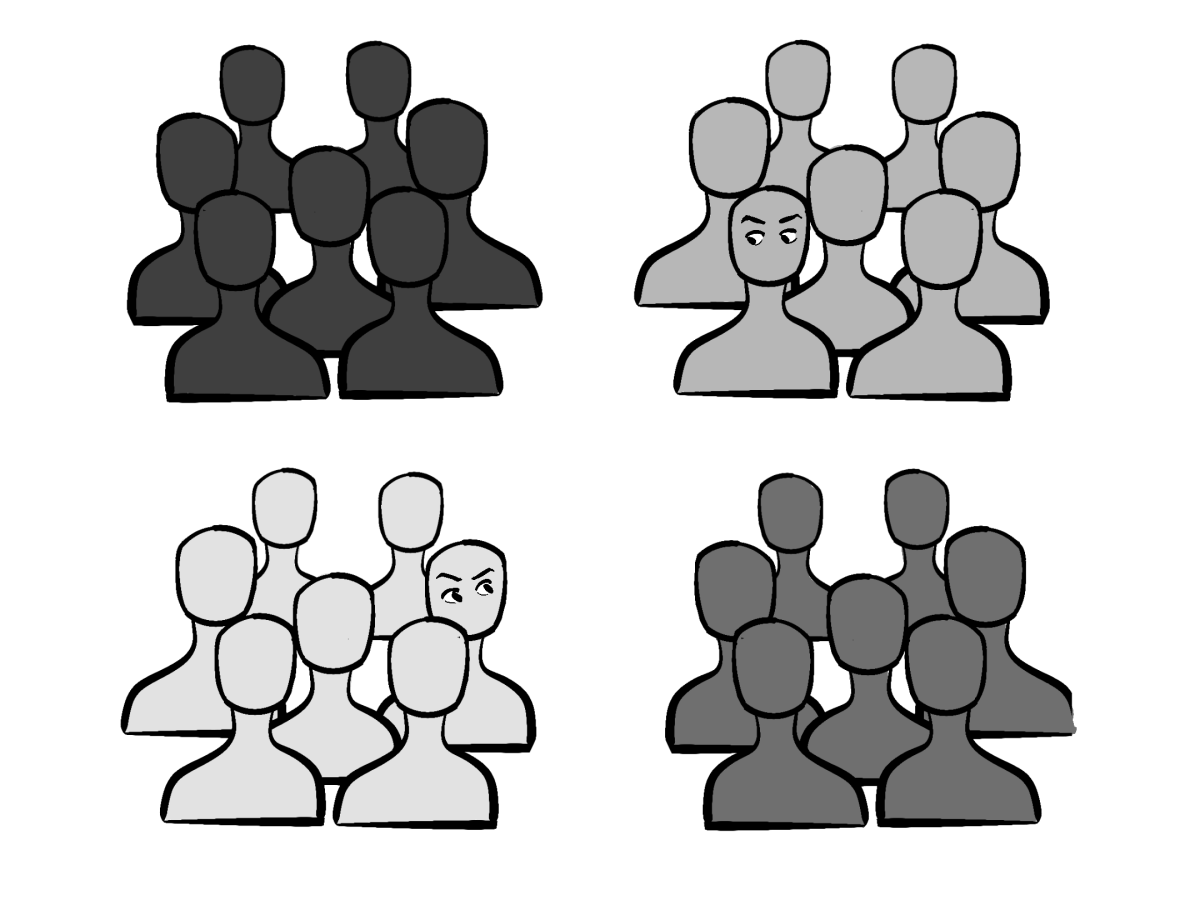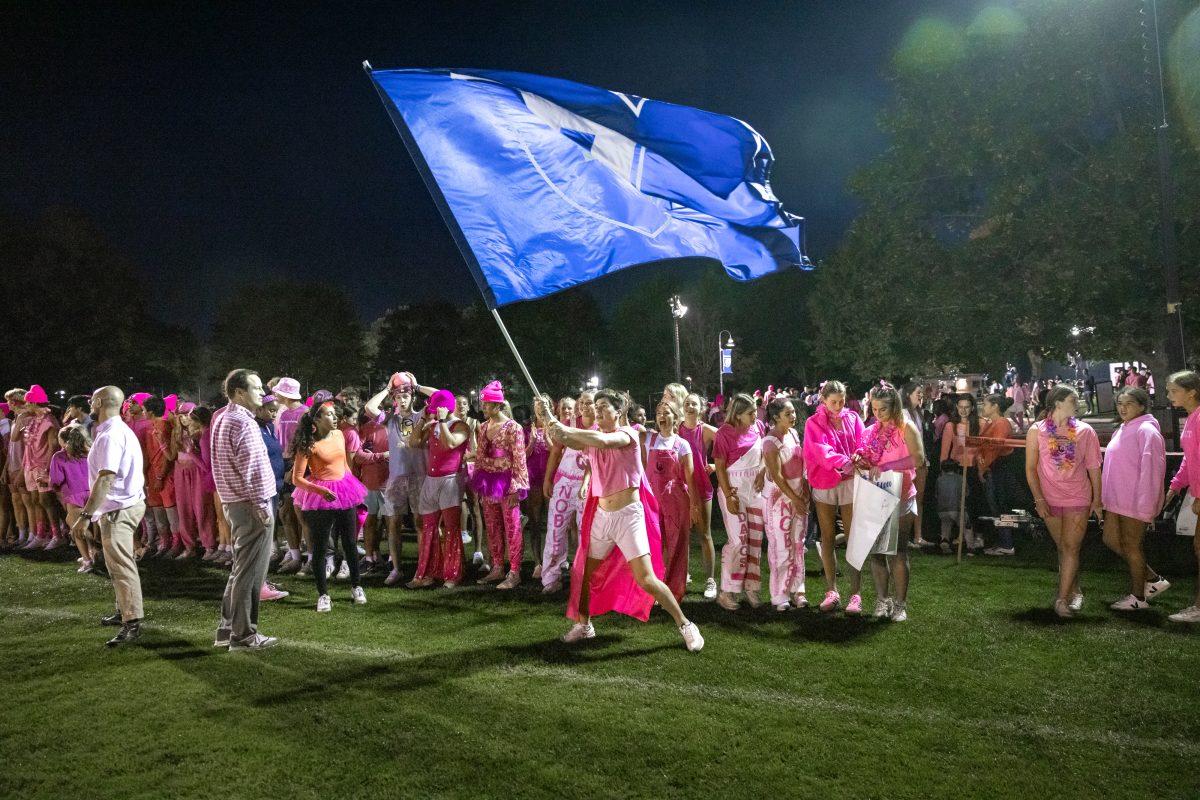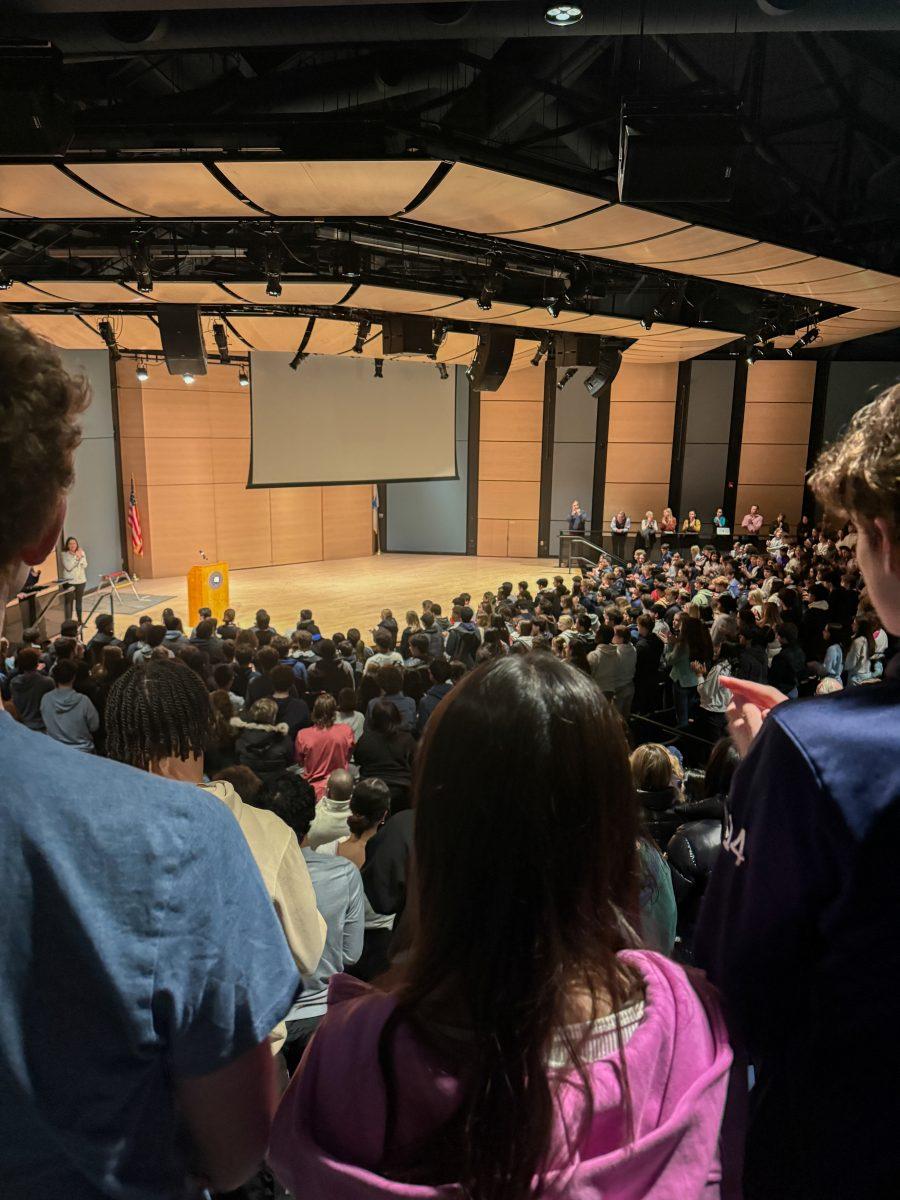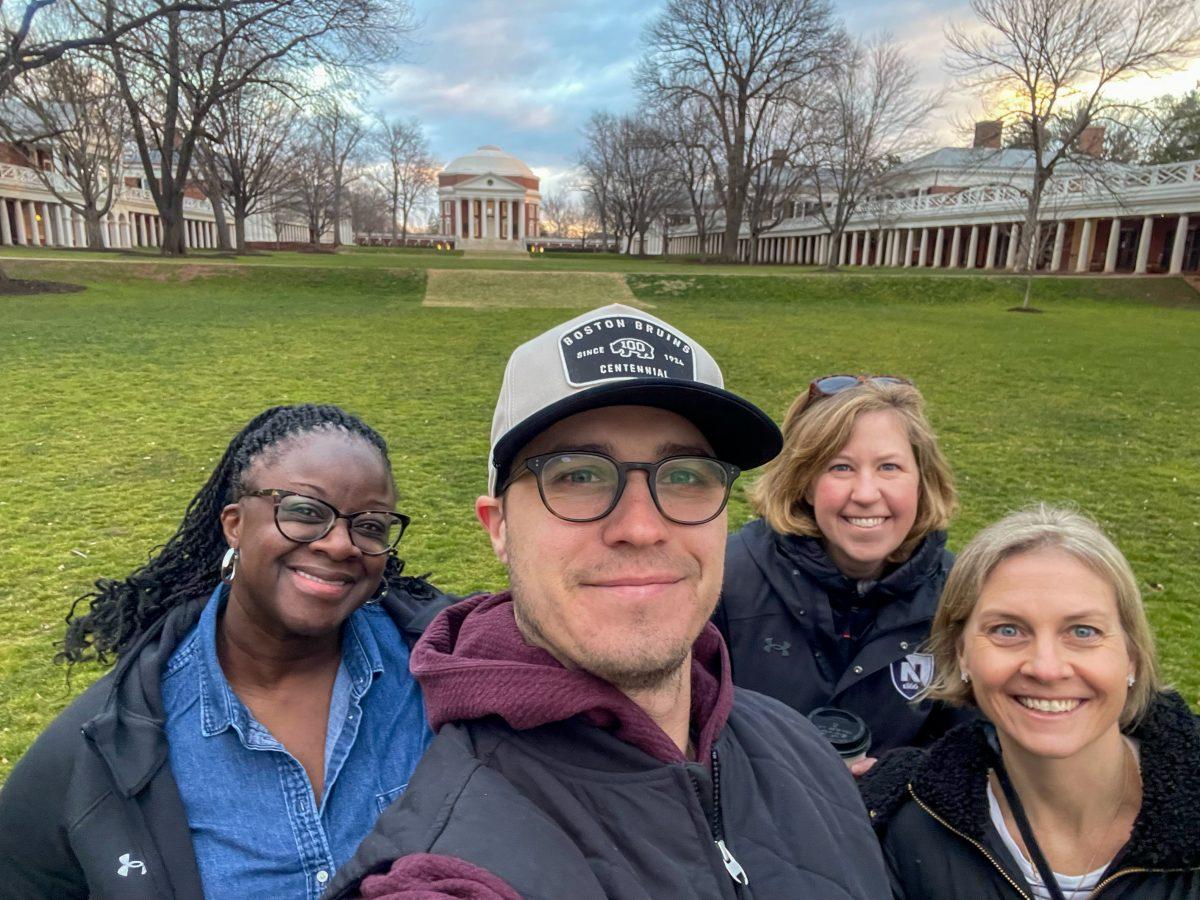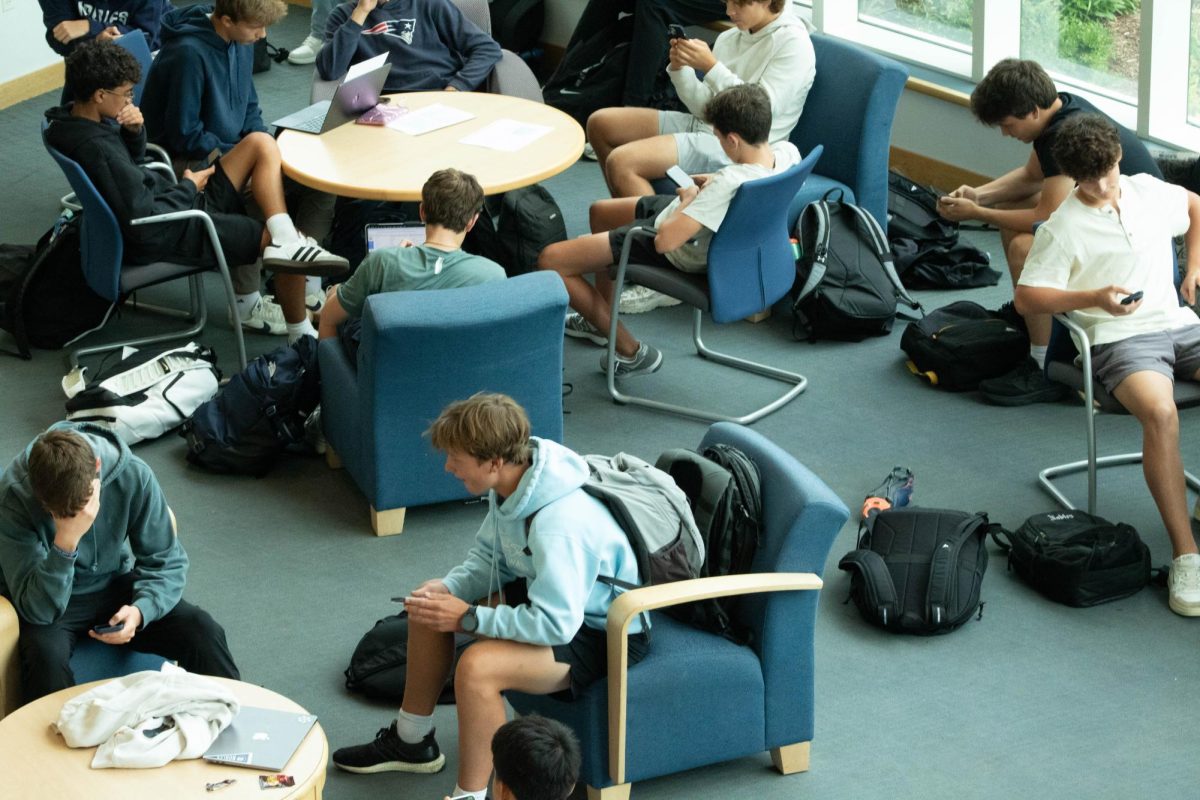Nathan Nozea, Staff Writer
March 8, 2024
For the past decade, the world has been lit ablaze with the fiery emergence of new political climates and conflicts, igniting debates that challenge the very foundations of global order. Amidst the ever-shifting tides of change, Nobles has been quick to offer its stance on issues relevant to the student body. Yet, as the administration continues to articulate its opinion on various matters, it raises the question: are the words echoed by the school actually genuine or simply a way to appear “progressive” to the Nobles community?
To answer this inquiry, The Nobleman sent a survey to a randomized list of 200 students and received 93 responses. In the survey, two questions were asked. First: “Is Nobles progressive?” Second: “Is the activism at Nobles inauthentic?” In the data collected, 89% of participants said that they believe Nobles is progressive, while 11% of the population said they neither agreed nor disagreed, with the margin of error for these results being 5.40%. Margins of error are calculated using a 95% Wald confidence interval with a finite population correlation factor. Evidently, the majority of the surveyed population believes that Nobles is progressive, regardless of whether its activism is artificial or not. The results were a bit more fragmented for the next question. Of the 93 students who responded, 34.1% (± 7.79%) felt that the activism at Nobles was authentic, while 29.7% believed that the activism at Nobles was inauthentic. For the rest of the sample pool, 36.3% said they neither disagreed nor agreed with the statement. However, it’s crucial to acknowledge that a notable portion of students chose not to respond to the survey. This trend may indicate a reluctance among students to engage in discussions on such topics, despite assurances of confidentiality.
Though the results from the poll may not be representative of the entire student population, it’s apparent that the school’s approach to addressing specific topics draws criticism from the student body. Indeed, a notable grievance among students regarding Nobles’ activism is its consistent reactionary nature, as the institution often responds to global events rather than proactively engaging in them. One student expands on this idea, saying, “The [administration] takes the approach where they try and fix problems after it happens rather than taking the necessary steps to find the root of these issues.” Another student agrees with this take. They said, “It seems as though the administration’s viewpoint of activism is needing to say something [about an issue] just because it happened recently…this shouldn’t be the only time we talk about these issues; they should be ingrained in our classrooms.” The same student also acknowledged how, in an attempt to promote contemporary beliefs, Nobles unwittingly stifles the diversity and individuality present within the institution. They said, “When you have any type of diversity in a community, it is your responsibility to ensure everyone is getting what they need. At Nobles, the emphasis is more on being all the same rather than bringing each other up to the same level.”
Simultaneously, messaging about self-advocacy and supporting diverse learning styles shows a discernible dissonance. One student said, “Neurodivergent students weren’t considered in the establishment of the new schedule…there are some cases where teachers don’t really vibe with me taking movement breaks.” This revelation is surprising, given that Nobles’ administration advocates for embracing varied teaching styles and emphasizes the importance of classroom inclusivity. Another student also pointed out that promoting independence and reaching out to teachers isn’t necessarily beneficial. They said, “A lot of the time, [Nobles] preaches self-advocacy, but one wrong move, and [the school] can shut someone down entirely…sometimes, people can be shunned by both students and faculty for asking for help.” Despite these criticisms, both students still want to emphasize that the majority of their teachers are understanding about these topics. They said, “There are a lot of teachers and classes that are absolutely great with this stuff…it’s not all bad, but with the new schedule…the problems arise to the surface.”
The school’s stance on mental health and sleep has also garnered a lot of negative reception from students. “The constant talks about mental health at Nobles seems pretty performative…when the [school] says get more sleep, the question we’re being presented with is: how are we supposed to get more sleep when the curriculums teachers are drafting up make it impossible to keep up?” one student asked. Another student also discussed how, despite the school’s repeated message about the importance of taking care of your body, it’s almost impossible to miss a school day for health reasons. They said, “If you miss one day [at Nobles], you’re really behind.”
Even when Nobles attempts to create meaningful discussions about social issues, most conversations fall flat. A student attributes this phenomenon to the school’s apparent lack of concern regarding these issues. They said, “There isn’t a whole lot of care [at Nobles] about becoming better activists and becoming more socially aware. A lot of the things we talk about Nobles are topics surrounding the Nobles community, and there’s not a lot of focus on how everyone interacts with the outside world.” The school’s reluctance to enforce consequences for divisive student comments adds to the perception that Nobles is uninterested in fostering an inclusive environment. “[There are] no real repercussions for those who say non-inclusive statements. [Students] usually get a slap on the wrist, which really doesn’t do anything to prevent the same behavior in the future,” a student said.
As Nobles continues to respond to global movements worldwide, it’s clear that it must revamp how it presents itself to the student body. Instead of merely reacting to external events, the school must proactively immerse itself in the discourse, embracing a culture of continual involvement and dialogue on pertinent issues. It’s equally vital for the administration to discern the efficiency of discussions centered on internal student issues, such as sleep. For genuine transformation to take root, Nobles must foster an environment where change isn’t just advocated for but ingrained into daily student life.
(Photo Credit: iStock)

